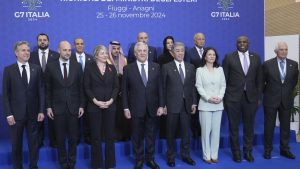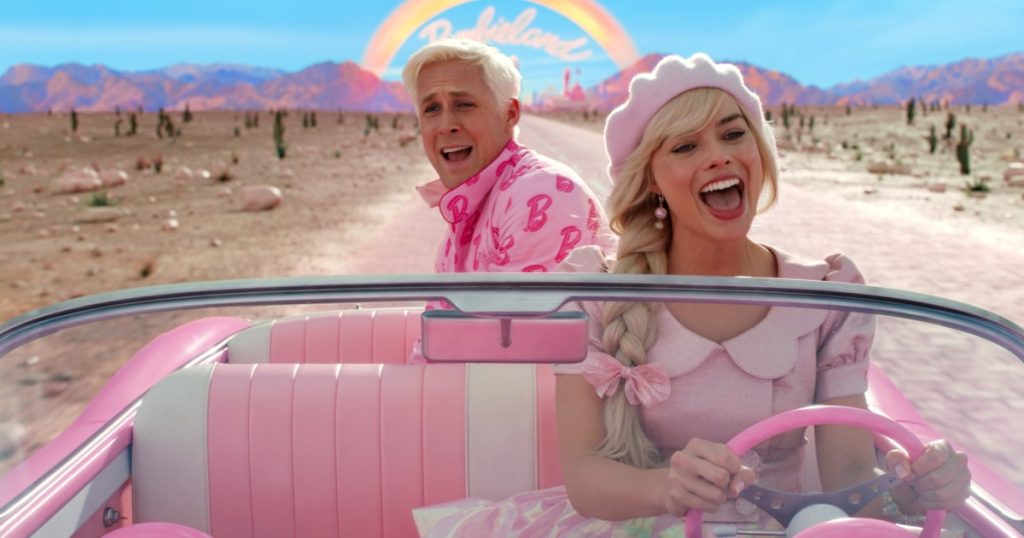Shakira’s interview with Allure magazine revealed her thoughts on the blockbuster film “Barbie,” which had earned $1.4 billion worldwide and received eight Oscar nominations. She revealed that her sons strongly disliked the film, feeling that it was emasculating and robbed men of their possibility to be men. Shakira agreed with their sentiments, stating that she wanted her sons to feel powerful while still respecting women. She emphasized the importance of empowering women without diminishing the role of men in society, noting that both genders have their own complementary purposes.
The perception of “Barbie” as emasculating was not unique to Shakira, as other public figures also expressed similar sentiments. Conservative figures criticized the film during its release, with some calling it “anti-man” and “man-hating.” However, director Greta Gerwig, who co-wrote the script with Noah Baumbach, expressed surprise at the backlash, hoping that the movie would serve as an invitation for everyone to let go of unhelpful gender stereotypes. She wished that the passion surrounding the film would provide relief to viewers, regardless of their gender.
The backlash against “Barbie” prompted support from other celebrities, including Marc Maron, who criticized the insecure reaction of certain men to the film. Maron emphasized that any man who couldn’t handle the messages in the movie should reflect on their own insecurities and masculinity. He viewed the negative reaction as a sign of weakness and urged men to embrace the themes of empowerment and equality portrayed in the film. Maron’s comments highlighted the importance of self-reflection and accepting different perspectives in the discussion of gender roles and representation on screen.
Overall, the conversation sparked by Shakira’s interview and the controversy surrounding “Barbie” shed light on the ongoing debate over gender roles and representation in popular culture. While some criticized the film for challenging traditional gender norms, others celebrated its progressive messages of empowerment and equality. The differing reactions from public figures and celebrities highlighted the need for a more nuanced understanding of gender dynamics and the importance of respecting both men and women’s roles in society. Ultimately, the discourse surrounding “Barbie” served as a reminder of the complexities and challenges inherent in addressing gender issues in media and entertainment. It prompted discussions about masculinity, femininity, and the necessary balance between empowerment and inclusivity in storytelling.















